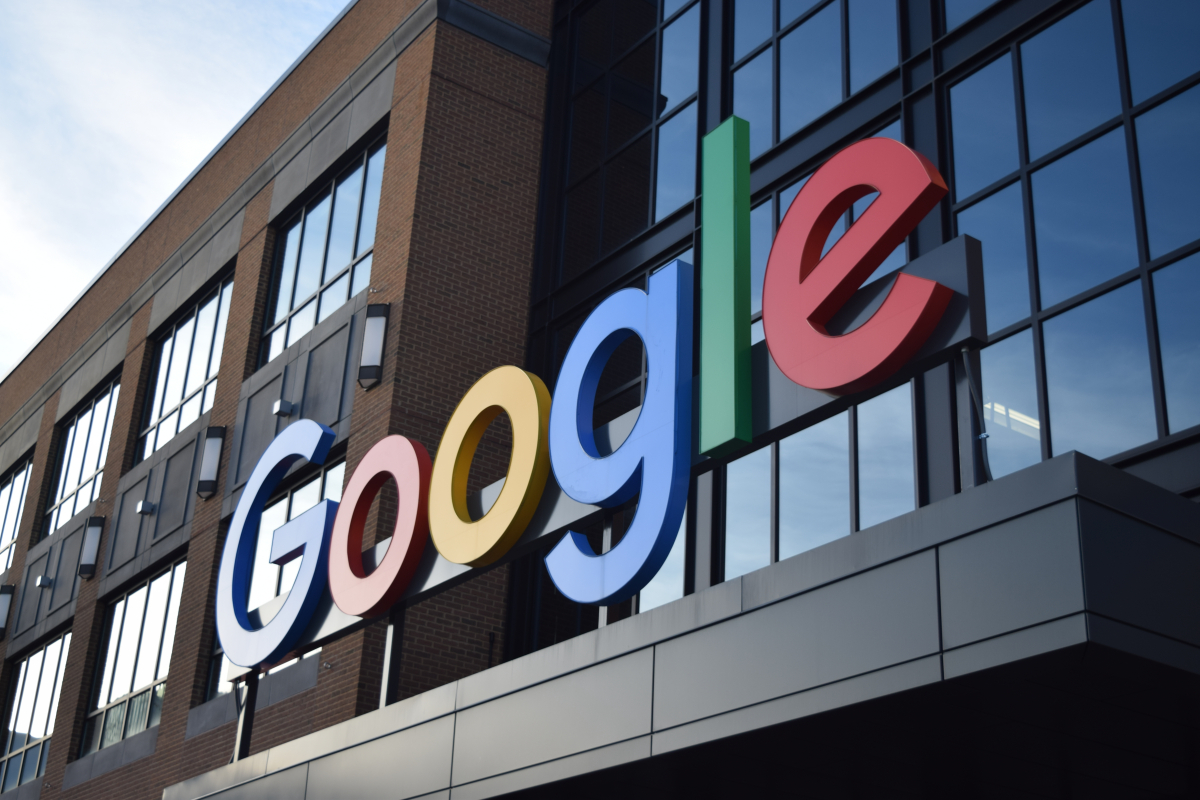Google’s ban on third-party cookies: Marketing alliance files a complaint
Google wants to prohibit tracking via third-party cookies in the Chrome browser. Several companies from the marketing industry see this as a distortion of competition and call on the EU Commission to act.
An association of tech companies, publishers and advertisers has filed a complaint with the EU Commission about Google’s announced waiver of cookies. They fear that Google will block their access to valuable information.
The companies have joined forces in the Movement for an Open Web and request from the EU Commission, “Prevent Google from foreclosing the Open Web, create more choice for end users, and encourage independent data management to enable greater privacy and diversity.”
The Movement for an Open Web has provided the EU Commission with evidence of Google’s technological changes and their impact on competition.
Accordingly, Google’s changes affect independent analytics, advertising, fraud detection, data services, performance optimization and other open web functions.
At the same time, it would increase the value of Google’s data from other sources that are not available to other companies. That strengthens Google’s defining position in the market.
For Google, moving away from cookies does not mean foregoing individualized advertisements. Instead, Google wants to use the so-called Privacy Sandbox and Federated Learning of Cohorts (FLoC) to assign users to groups and display advertising accordingly. In the EU, however, the FLoC technology has not yet been tested due to data protection concerns.
Google emphasizes that the privacy sandbox is used to protect the privacy of individuals. The companies in the Movement for an Open Web describe the technology as anti-competitive. Because Google does not protect privacy, but still has access to valuable data from which other market participants are excluded.
“We call on the EU Commission to create a level playing field for all digital companies in order to maintain and protect an open Internet,” said Tim Cowen, legal advisor to the alliance.
Specifically, the alliance demands that Google must inform the EU about planned changes in the browser. In addition, the EU should regularly evaluate these changes and assess their impact on competition.
The EU Commission had a in June antitrust proceedings against Google opens and examines online advertising techniques in this context. Among other things, the competition watchdogs are investigating the question of whether Google is withholding data from other competitors. The complaint of the Movement for an Open Web could therefore still become relevant in the ongoing proceedings.



